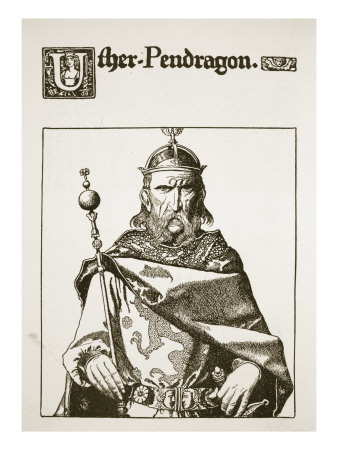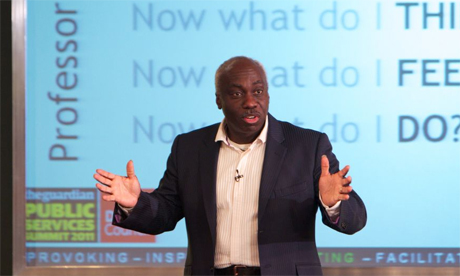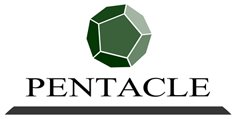Insights from a moving case …
We were recently asked to step in and support a project that had become quite “emotional”. A large multinational was moving & regrouping several ‘locations’ (do you notice that they didn’t use the term “teams”?) into a brand new building. The HR team in charge of the project named it “Zeus” and referred to it as “a transformation project”.
At first glance, all seemed OK: the new building was… stunning! The proposed canteen was… gorgeous! The plan (you know the type of document full of little boxes, arrows, and what they call “dependencies”?) was… crystal clear! People, 12 months before the actual move, already had their own space allocated … Quite a good start n’est ce pas?
So what was the problem? Despite demonstrating the politically correct “positive attitude”, the key stakeholders - the staff - were clearly not supporting the project, or even worse, were preparing secret plans to leave the company before being ‘kindly invited’ to move to ‘a better place’.
I immediately asked a naïve question: “Why did you call this project Zeus?” The reply was abrupt: “We needed a name. This one sounded smart.” It soon became clear that we were talking about a plan, not about people. In other words, all hard, tangible, process aspects were pretty well under control, but there was strictly no meaning behind the plan, not a single piece of emotion. The only visible sign of attention to people was to be found in a glossy communication brochure featuring mottos like “Great place to work”, “Fully green building”, “Open areas for networking”, “Let the sun shine in”, … I was speechless. How can smart people genuinely believe that these mottos can make sense, translate into emotion, make people dream, convey a real meaning? … The meaningless name (Zeus, is apparently NOT the god of removals!) was just the symptom of a meaningless plan.
But this was just the beginning of the surprise. My second question (a bit less naïve this time) was: “What did you do to engage your staff to make this move?”. According to them, they did a lot of things. Brochures (showing the extraordinary bright and sunny new building), leaflets (to explain the support plan that would be given to people for their home removal), a website (to keep people aware of the latest project news), … but amazingly (to them), people remained “unengaged”.
It took one day of hard debate to nail down my point: Communicating to inform is not the same thing as communicating to engage. A simple corrective plan would explain WHY we do what we do, thus injecting some meaning into the project, rather than focus on the WHAT and HOW. This combined with an opportunity for everyone to “feel, visualize, hear, imagine, story tell” their new office allowed them to contribute to its design… This was just the beginning of a 2 day journey!
Sounds like common sense? Yes… But when was the last time you felt enthusiastic about a reorganisation, a transformation plan, an office redesign? Have you ever seen people genuinely engaged to design their own workspace? When did you last see ‘project scoping documents’ starting with a plan of how to engage the most important stakeholders?
Two days later, we finished this emotional journey into communicating “the meaning of - work - life” and designing an “emotional engagement”.
Want to know more? Let’s talk!






















.svg/2000px-My_Wife_and_My_Mother-In-Law_(Hill).svg.png)




